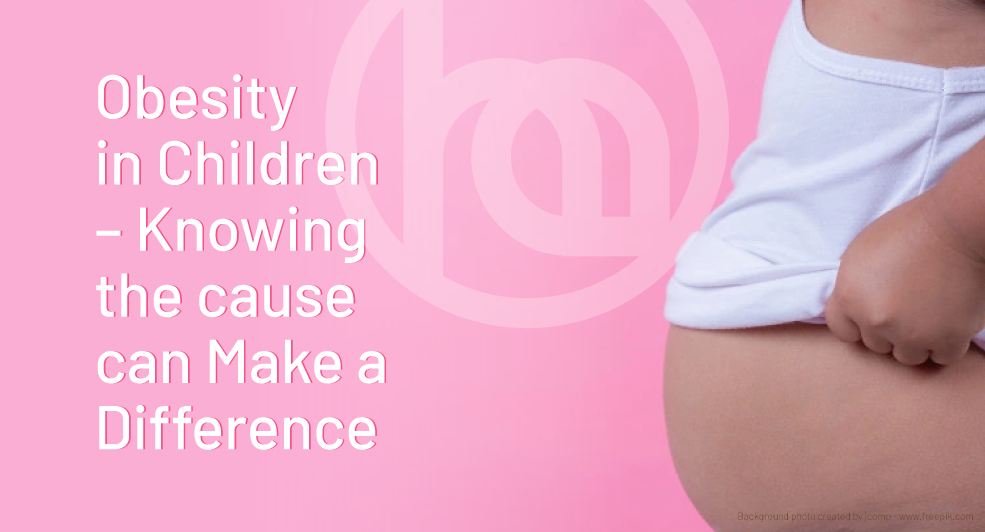What is Obesity in Children?
Obesity in children means having too much body fat, water and extra muscle. This indicates that a child’s weight is higher than what is considered to be healthy. When obesity is diagnosed in earlier stages, you can reduce your child’s risk of developing serious medical conditions as they grow older.
What kind of lifestyle leads to Obesity?
Today’s busy families have less time to prepare nutritious, home-cooked meals and excess weight gain is influenced by eating high-calorie, low-nutrient foods and carbonated beverages, medication use and erratic sleep routines.
Many kids spend less time exercising and more time in front of the TV, computer, phone, tablet, or on video games and this can lead to weight gain.
-
Family Health Screening
-
Couple Health Screening
-
Children Health Screening
-
Senior Citizen Health Screening
Health Atmos provides quick & quality Executive Health Checkup, Annual Health Screening Package and Preventive Health Checkup that are affordable & cost-effective.
What are the causes of Obesity in Children?
Understanding how children become overweight is an important step towards breaking the cycle. Many cases of childhood obesity are caused by Diet and Lifestyle. Children need enough food to support healthy growth and development, but when they take in more calories than they burn throughout the day, it will result in weight gain.
The causes of weight problems in children may include the following:
- Eating high-calorie fast food and junk food.
- Consuming larger food portions.
- Kids consuming large amounts of sweets, chocolates and pastries.
- Kids spending more time watching TV, playing video games, and sitting at the computer and less time actively playing outside.
- Lack of physical education programs at school.
- Genetics and emotional disorders can also increase a child’s risk for obesity.
- Hormone disorders or low thyroid function and medications, such as steroids or anti-seizure medicines, can increase a child’s appetite but it can also increase their risk for obesity.
Is your Child Overweight?
Children grow at different rates at different times, so it is not always easy to examine if a child is overweight. Body mass index (BMI) uses height and weight measurements to estimate how much body fat a child has. BMI is a good indicator, but it is NOT a perfect measure of body fat and it can be misleading at times, especially when children are experiencing periods of rapid growth. If your child registers a high BMI-for-age measurement, your physician will need to perform further assessments and screenings to determine if excess fat is a problem.
What are the Effects of Obesity?
Obesity increases the chances of developing medical problems in kids which can affect their present and future health. These will include serious conditions like type 2 diabetes, high blood pressure, and high cholesterol.
The Immediate Health Risks of children who have obesity are more likely to have:
- High blood pressure and high cholesterol, which are risk factors for cardiovascular disease.
- Increased risk of type 2 diabetes and impaired glucose tolerance.
- Breathing problems such as asthma.
- Joint problems and musculoskeletal discomfort.
- Fatty liver disease, gallstones, and heartburn.
Anxiety and depression are also the causes of Childhood obesity.
What is the future risk of Obesity in Children?
Children who have obesity become obese adults and they are at risk for several serious health conditions including heart disease, type 2 diabetes, and cancer. If children have obesity, their disease risk factors in adulthood become more severe.
What are some myths and Facts about Obesity in Children?
Myth 1: Childhood obesity is genetic and there is nothing you can do about it.
Fact: Even though a person’s genes influence weight, they are only a small part of the equation. Most kids can maintain a healthy weight if they eat right and do some physical activity.
Myth 2: Children who are obese should be put on a diet.
Fact: Unless otherwise directed by your child’s physician, the treatment for childhood obesity is not weight loss. The goal should be to reduce weight gain, allowing your child to grow into their ideal weight.
Myth 3: As time passes by children will lose weight, because it is just baby fat.
Fact: Childhood obesity does not always lead to obesity in adulthood, but it does raise the risks. The majority of overweight children are still overweight as they enter their teens and most kids do not reduce weight.
You can book your health checkup by contacting Health Atmos. We cover all states in India and 25+ countries globally. You can choose a home collection service or walk-in appointment at a lab near you. We will be happy to be at your service. Stay Healthy! Stay Safe!

